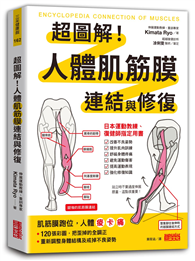Vaccines have long been used to combat infectious diseases, however the last decade has witnessed a revolution in the approach to vaccine design and development. No longer is there a need to rely on the laborious classical methods, such as attenuation or killing the pathogen. Now, sophisticated technologies - such as genomics, proteomics, functional genomics, and synthetic chemistry - can be used for the rational identification of antigens, the synthesis of complex glycans, the generation of engineered carrier proteins, and much more. Never has research in this area been more exciting. In this book, expert international contributors critically review the current cutting-edge research in vaccine design and development. Particular emphasis is given to new approaches and technologies. The book has been divided into two parts. The first part reviews the technologies and approaches used to identify, generate, and test new vaccines. Topics include new strategies to identify protective antigens, generation of improved adjuvants, use of alternative immunization routes, improving vaccine safety, and finding and establishing the correlates of protection. The second part of the book focuses on the development of new vaccines to replace or complement currently available products or for diseases against which prophylactic strategies are missing. Examples include vaccines against nosocomial infections, streptococci, emerging viral diseases, P. aeruginosa, and bovine mastitis.
| FindBook |
|
有 1 項符合
rappuoli的圖書 |
 |
$ 13750 | Vaccine Design: Innovative Approaches and Novel Strategies
作者:Rappuoli 出版社:Caister Academic Press 出版日期:2011-01-01 語言:英文 規格:精裝 / 380頁 / 25.1 x 18 x 2.3 cm / 普通級  看圖書介紹 看圖書介紹
|
|
|
圖書介紹 - 資料來源:博客來 評分:
圖書名稱:Vaccine Design: Innovative Approaches and Novel Strategies
|











